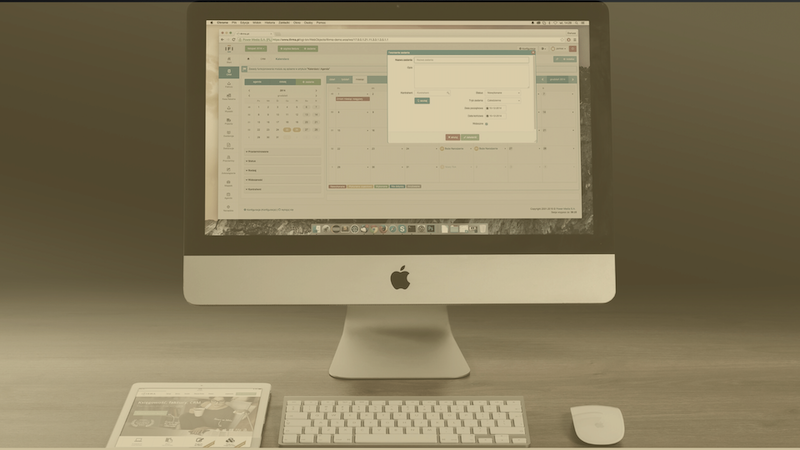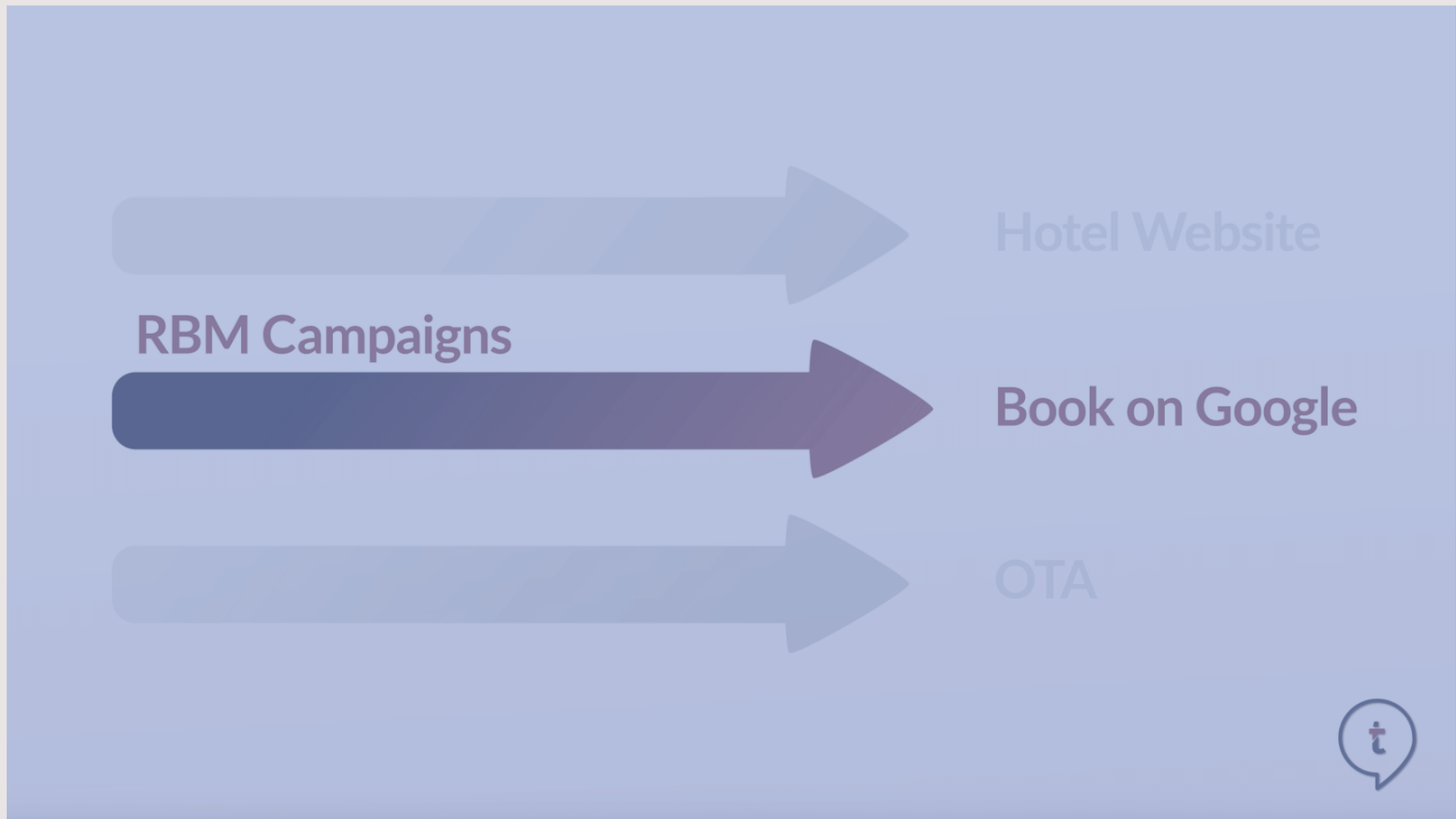The Role of Mobile Check-Ins and Digital Keys in Revolutionizing the Hospitality Industry.
A bit of history and context of online check-in.
The historical evolution of online check-in in the hospitality sector can be traced back to the late 1990s and early 2000s. The airline industry was among the pioneers in implementing online check-in systems, allowing passengers to check-in for their flights remotely through airline websites or mobile apps. This innovation brought significant convenience to travellers, reducing the need to queue at airport counters and saving time.
Inspired by the success of online check-in in the airline industry, hotels began adopting similar practices to streamline their check-in processes and enhance guest experiences. However, the implementation of online check-in in the hospitality sector progressed more gradually compared to the airline industry. In the early stages, hotels started introducing self-service kiosks in their lobbies, allowing guests to check-in using touchscreen terminals. These kiosks provided a convenient alternative to traditional check-in procedures, allowing guests to bypass the front desk and complete the check-in process independently.
The self-service kiosks gained popularity, especially in larger hotels and chains, and reduced the workload on front desk staff. As technology advanced and the adoption of smartphones became widespread, hotels started developing mobile applications to facilitate online check-in. Mobile check-in allowed guests to complete the check-in process using their smartphones; offering added flexibility and convenience. Guests could access their reservations, select room preferences, and even receive digital room keys, enabling a seamless arrival experience. Moreover, advancements in mobile technology and the increasing prevalence of contactless solutions further propelled the evolution of online check-in. This was particularly accelerated during the COVID-19 pandemic, as hotels sought to minimise physical touchpoints and prioritise guest safety. Contactless check-in options, such as scanning QR codes, using mobile apps for check-in, or utilising keyless entry systems, gained significant traction and became the preferred choice for many guests.

Today, online check-in in the hospitality sector has become more sophisticated and integrated into comprehensive property management systems (PMS) hotels use. These systems centralise guest information, reservation details, and preferences, enabling hotels to offer personalised services and streamline operations. Online check-in has evolved to include features like room selection, upgrades, special requests, and pre-arrival messaging to enhance the overall guest experience. As technology advances, we can expect further integration of artificial intelligence, chatbots, and automation into the online check-in process. These innovations will enable more personalised and efficient interactions between guests and hotels, enhancing the overall hospitality experience.
Online check-in has indeed revolutionised processes in the hospitality and tourism sector.
The Hospitality Industry is undergoing a transformative shift driven by technological advancements. Mobile check-ins and digital keys revolutionise how hotels interact with guests, delivering seamless and personalised experiences. This article explores the impact of mobile check-ins and digital keys in transforming the industry.
The key aspects of implementing mobile check-in and digital keys are the following:
- Seamless and Convenient Guest Experience
Gone are the days of long queues and paperwork at the front desk. With mobile check-ins, guests can complete the check-in process directly from their smartphones. This convenient feature lets guests skip the traditional check-in process, saving time and eliminating frustrations. By providing their preferences and details in advance, hotels can personalise the guest experience, ensuring a warm and welcoming arrival.
- Contactless and Cleanliness Operations
The COVID-19 pandemic has underscored the importance of contactless operations. Mobile check-ins and digital keys have become invaluable tools in promoting hygiene and safety. By leveraging these technologies; guests can access their rooms without physical contact, using their smartphones as digital keys. This touchless experience enhances guest confidence in the hotel's commitment to their well-being and a fully guest-first focus.
- Operational Efficiency and Cost Savings
Implementing mobile check-ins and digital keys streamlines hotel operations and reduces costs. Traditional check-in processes are often time-consuming and resource-intensive, involving paperwork, key card issuance, and managing queues. By automating these procedures, hotels can allocate staff resources more efficiently using analytics, allowing them to understand how many guests will or will not be using the digital check-in, requiring front desk assistance, resulting in significant time and cost savings. Moreover, eliminating physical key production and management further contributes to cost reduction.
- Enhanced Personalization and Upselling Opportunities
Mobile check-in platforms empower hotels to gather guest preferences and information before arrival. This data allows for enhanced personalisation, enabling hotels to tailor room amenities, fulfill special requests, and provide customised offers. Digital keys also offer targeted upselling and cross-selling opportunities, allowing hotels to promote additional services or room upgrades directly to guests' mobile devices, enhancing revenue generation.
- Real-Time Communication and Service Delivery
Mobile check-in platforms often integrate in-app messaging or chat features that enable direct communication between guests and hotel staff. This real-time communication allows guests to easily request, seek assistance, or provide feedback. Hotel staff can promptly respond, addressing guest needs and delivering exceptional service. This direct line of communication strengthens the hotel-guest relationship and fosters high guest satisfaction.
- Analytics and Guest Insights
Mobile check-in platforms generate valuable data and analytics that provide deep insights into guest preferences, behaviour, and trends. These insights enable hotels to understand guest preferences, identify patterns, and make data-driven decisions to enhance the overall guest experience. Leveraging this information, hotels can fine-tune marketing strategies, optimise operational processes, and implement targeted service enhancements.
Mobile check-ins and digital keys have emerged as game-changers in the hospitality industry, redefining guest experiences and operational efficiency. By embracing these technologies, hotels can provide a seamless and convenient guest journey while reducing costs and streamlining operations. The contactless nature of mobile check-ins and digital keys aligns with evolving guest expectations, ensuring a safe environment. Moreover, these innovations unlock new opportunities for personalisation, upselling, and real-time communication, fostering guest loyalty and satisfaction. As the industry evolves, mobile check-ins and digital keys will remain at the forefront of transforming the hospitality landscape.
When searching for a digital check-in provider, there are several essential considerations to keep in mind.
First and foremost is the user experience. The digital check-in process should be seamless, intuitive, and user-friendly for guests and hotel staff. It should require minimal effort and provide clear instructions to ensure a positive experience. Integration capabilities are another crucial factor. The chosen provider should be able to seamlessly integrate with your existing hotel management systems and property management systems (PMS) to ensure efficient data transfer and streamlined operations. Mobile accessibility is also vital, as guests should be able to complete the check-in process using their preferred mobile devices, regardless of the operating system.
Customisation and branding options are important for aligning the digital check-in experience with your hotel's brand identity. The provider should offer customisation features such as personalised branding, logo integration, and the ability to tailor the check-in process to meet your specific requirements. Data security and compliance should not be overlooked. Ensure the provider has robust security measures like data encryption and compliance with relevant regulations like GDPR or CCPA.
Reliable customer support and comprehensive training resources are necessary for a smooth implementation and ongoing usage of the digital check-in solution. Consider the scalability and flexibility of the provider's solution to accommodate your hotel's future growth and changing needs. Robust analytics and reporting features are valuable for gathering insights into guest behaviour, preferences, and operational efficiency.
Cost and return on investment (ROI) should be assessed, comparing pricing structures, implementation costs, and any additional fees. Lastly, consider the provider's reputation and seek feedback from other hotels or industry peers who have used their services.
Considering these factors will help you select a digital check-in provider that offers a seamless user experience, integrates well with your systems, provides customisation options, prioritises data security, and offers reliable support. By making an informed decision, you can implement a digital check-in solution that enhances the guest experience and improves operational efficiency within your hotel.
Hotel trends on Guest Experience in 2023.
In our collaboration with 60,000 hotels and based on our comprehensive data benchmark report, we have gained valuable insights into the key factors that had a detrimental impact on the guest experience in 2022. A combination of high average daily rate (ADR) and high occupancy rates and staff-related challenges resulted in an operational gap where guest expectations were unmet. Therefore, there has been a noticeable negative trend in the Global Review Index (GRI).
The areas that have particularly affected the guest experience revolve around reception, queues, waiting times, and similar pain points. Compared to the year 2019, guests have displayed significantly lower tolerance for these issues. Nevertheless, our analysis reveals an increase in guest mentions related to "welcome" and "personality," suggesting that certain aspects of the guest experience are being positively received.
To arrive at these insights, we meticulously analysed 6.1 million reviews from 7,500 hotels across the globe. Notably, 21% of all mentions related to "Service" were negative. Additionally, there was a 4.8% year-on-year increase in negative comments regarding "Queue." This indicates that guests nowadays have less patience when it comes to waiting. The frustration experienced by guests is on the rise, which is evident through their reviews and survey responses. The industry as a whole, from luxury establishments to branded hotels, boutique accommodations, and even apartments, is grappling with this trend. It is crucial to promptly address persistent communication and service issues, as they can significantly impact your online reputation.

As the industry grapples with ongoing staffing shortages, operational challenges are becoming more prevalent. Staff members assume multiple roles, leaving little time for proper onboarding and training of new hires. Furthermore, the remaining staff members are becoming exhausted due to the long hours spent firefighting. A thorough analysis of online reviews confirms the existence of these issues as they manifest in negative guest comments. There has been an increase in negative reviews and survey responses, specifically concerning room service, queuing, and waiting.
It is imperative for hotels to prioritise addressing these operational challenges and providing exceptional service to mitigate the negative impact on the guest experience. By focusing on staff support, efficient processes, and attentive customer service, hotels can work towards improving their online reputation and ensuring guest satisfaction.
About the Author
Heather McCaw, Product Marketing & Engagement Specialist at Shiji Group.

Heather is Product Marketing & Engagement Specialist at Shiji Group. With 5 years of experience in the company, Heather has worked in Sales & Customer Success before joining Marketing, giving her first-hand experience of the Sales process and client journey. Before Joining Shiji, Heather worked for 10 years in the UK Hospitality Industry in guest facing roles.
Connect with Heather on LinkedIn.
Shiji is a Founding Member of techtalk.travel.
- VIDEO | Mobile Check-In & Digital Keys
- PODCAST| Mobile Check-In & Digital Keys
- INFOGRAPHIC | Mobile Check-In & Digital Keys
EXPLORE FURTHER. Related techtalk.travel editorials





![V03: The History of Hotel & Travel Technology | [Updated] Infographic](https://www.techtalk.travel/storage/app/uploads/public/63f/e6f/ec8/63fe6fec80447817849943.jpg)



Create an account to access the content.
Get access to Articles, Video's, Podcasts, Think Tanks, Infographics and more.
Click “Sign In” to accept our
Terms of Service Privacy Policy